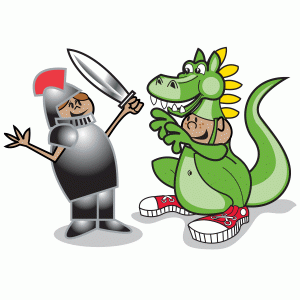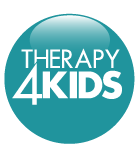

Clinical Psychologists are trained in the understanding of how people think, feel and behave. We see children, young people, parents and families, and offer help with a wide range of difficulties.
We provide assessment, therapy and a place for people to come to think and talk about the things that are troubling them or they are having difficulties with. The way we work is to start by talking with children and/or their parents to try and work out how best we can help. Sometimes we will meet several times, or we may only need to meet once or twice. Sometimes we will meet with the child or the young person and sometimes it may be best to just have parent consultations.
Everyone is unique and the right therapy for your child and family may include a range of models and techniques based on your reasons for seeking support. Our Psychologists are qualified to work in a number of models, including Cognitive Behavioural Therapy (CBT) model which is helpful for anxiety and low mood, or to use narrative, systemic and family work (which can be helpful for anger, behaviour difficulties and a variety of other concerns).
Our clinical psychology team will meet parents for an initial parent consultation where they can discuss their concerns and together make a plan for the child moving forward, which can include further parent consultations, family sessions or sessions with the child.
